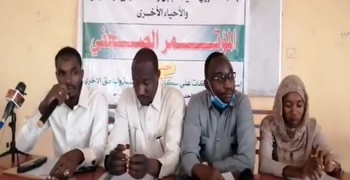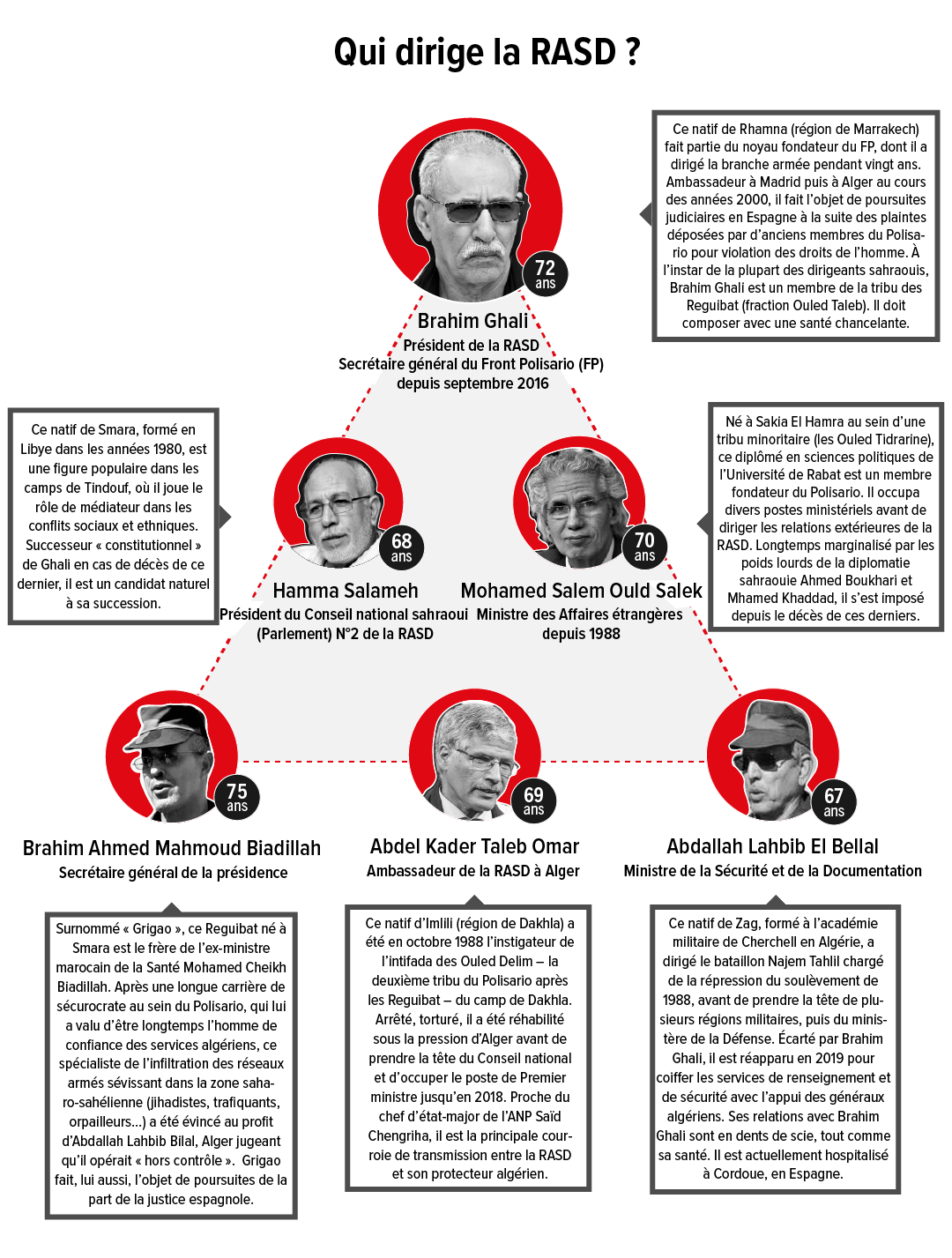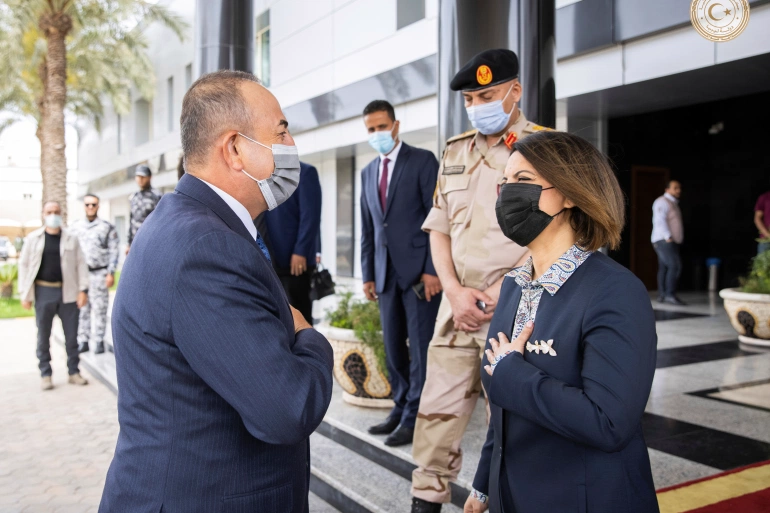Author: M Barbu
West Darfur Victims Committee calls on Sudan govt and UN to protect civilians

The El Geneina Victims Committee has called on the UN Security Council to send forces to protect the people in West Darfur, citing the inability of the Sudanese regular forces to protect civilians, and accusing some members of the regular forces of being involved in the attacks.
The committee representing the victims of violent attacks on various neighbourhoods in El Geneina and the adjacent camps for the displaced in early April, expressed their concerns in a press conference in the West Darfur capital on Sunday.
US Envoy Heads to Horn of Africa
U.S. Secretary of State Antony Blinken is sending his special envoy for the Horn of Africa to the region Tuesday in a bid to de-escalate tensions.
In a statement, Blinken said Ambassador Jeffrey Feltman will visit Egypt, Eritrea, Ethiopia and Sudan through May 13.
Ethiopia ‘at a crossroads’ amid spiraling ethnic conflict
Aba Yosief Desta preferred not to discuss the ethnicities of victims in the widening conflicts threatening Ethiopia’s unity.
A wooden cross in hand, the Orthodox monk in yellow robes insisted that victims of massacres “have the same face.”
Speaking to The Associated Press from the city of Gondar, where he manages a diocesan office, he reflected on the first known massacre of the conflict in the neighboring Tigray region. Ethiopia’s government says ethnic Amhara were killed, but ethnic Tigrayan refugees have told the AP they were also targeted.
[Infographie] Front Polisario : une « république » ensablée
Leader hospitalisé en Espagne, recul diplomatique, matériel militaire vieillissant… Où en est la RASD, quarante-cinq ans après sa proclamation ?
De nouveau en guerre contre le Maroc, l’entité sahraouie en exil revendique depuis près d’un demi-siècle l’indépendance du Sahara occidental. Une perspective qui, en dépit du soutien que lui apportent l’Algérie et une dizaine de pays africains, ressemble de plus en plus à un mirage.

Is America hoping its withdrawal from Afghanistan makes that war-ravaged country China’s problem now?
A car bomb attack in Pakistan, possibly aimed at a Chinese diplomat, has demonstrated just how important peace and stability in the region is to Beijing and its $65 billion Belt and Road Initiative. On April 21 Wednesday evening a deadly blast struck a Pakistan hotel stemming from a car bomb, claiming four lives.
African Human Rights Vs. Western Human Rights
If you ask those of us living in the Africa, almost all of us will tell you that the “human rights” that matter most are those that are basic to the right to life; food, water, shelter, medical care and education for your children.
If you and you family are cold, hungry, sick and illiterate do you think “freedom of the press” has any connection to your daily reality?
If you children are dying of water borne dysentry or malaria exacerbated by malnutrition do “free and fair elections” matter at all to you?
In the west “human rights” exist in an upside down reality where your problem with food is not about having enough but havings to much.
When it comes to drinking water your choice is not whether you can find any but whether you will choose generic or designer brand bottled water.
You in the west live in a dwelling with central heat and a/c, running hot and cold water, dishwashers, garbage disposals, giant refrigerators, washer/dryers (you have never washed you clothes by hand in your life) and all sorts of “modern conveniences” that we in the third world have never even dreamed of. The very poorest people, those on welfare/income support would refuse to live somewhere without running hot water, something 95% of the people in Africa can only dream of.
When it comes to medical care your medical plan, if you work for Amnesty International or Human Rights Watch, may include such necessities as breast reduction surgery or even liposuction. You dont have to worry about being able to find a doctor let alone being able
to afford medical treatment.
So doesnt it make sense that those sitting in the offices of what I call the “human rights mob” in London, Paris and New York don’t even consider having food, water, shelter, basic medical care and education for your children to be “human rights”? No, “freedom of the press” (which of course applys only to those that own the presses), “free and fair elections” amongst mulitple other “freedoms” are what really matter. The human rights mob don’t bother to even list the basics making up the right to life, your very survival, in their catalogue of
“human rights”.
When a society doesnt provide the basics to the right to life than it is violating its peoples human rights in a fundamental, undeniable way. Not only are these countries that fail in this massively violating their peoples human rights they are really just failed states, unable to provide even the minimum basics to their people.
But hey, if they have “free and fair elections” then they are “democracies” never mind trucks driving around picking up dead bodies in the streets. Even Seattle, USA, home to some of the richest corporations in the world, has to pick up a dead body of a homeless person almost everyday.
In the western countries you find widespread homelessness, hunger, medical neglect and even poisonous drinking water ie Flint, Michigan. Yet these massive violations of human rights are almost ignored because what matters is “freedom of the press”, “freedom of speech” and “democracy” as in “free and fair elections” never mind the hundreds of million$ spent in winning such.
In Africa where I live, like in Cuba in the western hemisphere, we value real human rights, what I call African human rights, food, water, shelter, medical care and education for your children. Once we have these human rights completely and irrevocably secure than we will start to worry about “Western Human Rights”.
US Forces Sustain ‘Harassing Attacks’ in Afghanistan, Iraq

United States military outposts in Afghanistan have come under some fire in recent days in what was an expected response to American forces remaining in the country beyond the May 1 deadline agreed by former President Donald Trump and the Taliban.
Egypt Buys 30 Jets From France

Egypt’s Defense Ministry on Tuesday announced it had signed a deal with France for the purchase of 30 fighter jets and other armaments, worth an estimated $4.5 billion.
Violence in Somalia, Déby’s Death and Islamist Militancy in Africa
For decades, the centre of gravity of jihadist militancy swung between South Asia and the Middle East.
In the early 1990s, Arab volunteers who had been fighting the Soviets in Afghanistan returned home to battle governments they declared un-Islamic. Later that decade, as those rebellions petered out, many fighters retreated to Afghanistan, then under Taliban control. After the 9/11 attacks and the U.S.-backed ouster of the Taliban, foreign militants who weren’t killed or captured mostly hid in the Pakistani tribal areas or scattered. Then came the 2003 U.S. Iraq war, which breathed new life into global jihadism. Thousands of militants travelled to fight U.S. soldiers in the heart of the Arab world. That rebellion was also beaten back, in part by a U.S.-sponsored tribal revolt tapping local anger at jihadists’ brutality. The descent of the 2011 Arab uprisings into chaos created new opportunity for militants, paving the way for the Islamic State’s (ISIS) self-proclaimed caliphate in Iraq and Syria, its expansion elsewhere and the growth of local al-Qaeda branches.

